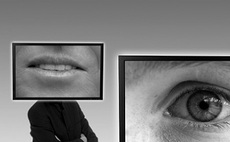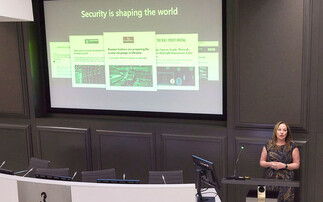ICO interest in medical devices precedes further EU regulation under new Data Protection Directive
The Information Commissioner's Office (ICO) is to examine the use of medical devices in the healthcare sector, a move that follows the publication of a survey of the market and how they affect the ...
To continue reading this article...
Join Computing
- Unlimited access to real-time news, analysis and opinion from the technology industry
- Receive important and breaking news in our daily newsletter
- Be the first to hear about our events and awards programmes
- Join live member only interviews with IT leaders at the ‘IT Lounge’; your chance to ask your burning tech questions and have them answered
- Access to the Computing Delta hub providing market intelligence and research
- Receive our members-only newsletter with exclusive opinion pieces from senior IT Leaders





















